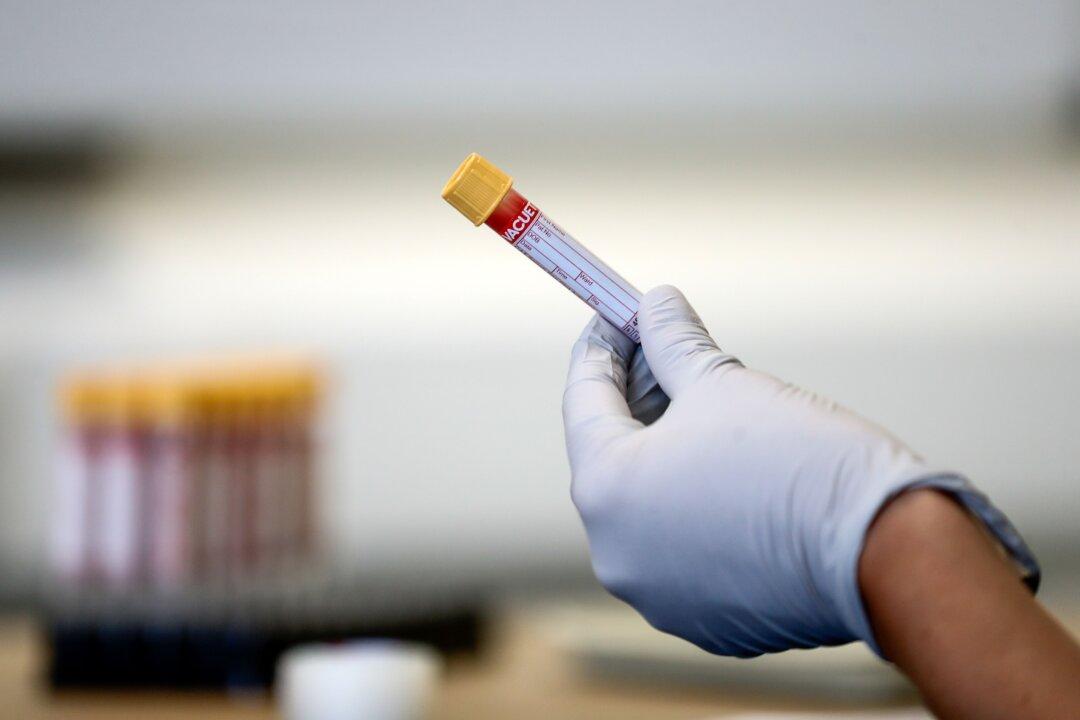The Food and Drug Administration (FDA) has expanded COVID-19 testing to include people not displaying symptoms and those who suspect they may have the disease, the agency said last week.
“FDA’s authorization of the first diagnostic test to be used for anyone, regardless of whether they are showing symptoms of COVID-19 or have other exposure risk factors, is a step toward the type of broad screening that may help enable the reopening of schools and workplaces,” said Stephen M. Hahn, the FDA commissioner, in an announcement on July 24.





